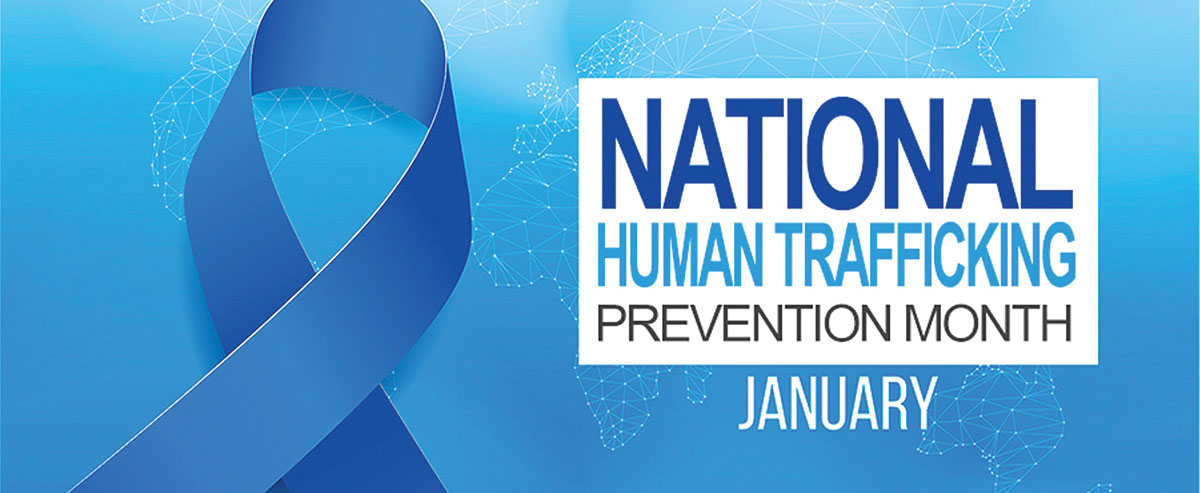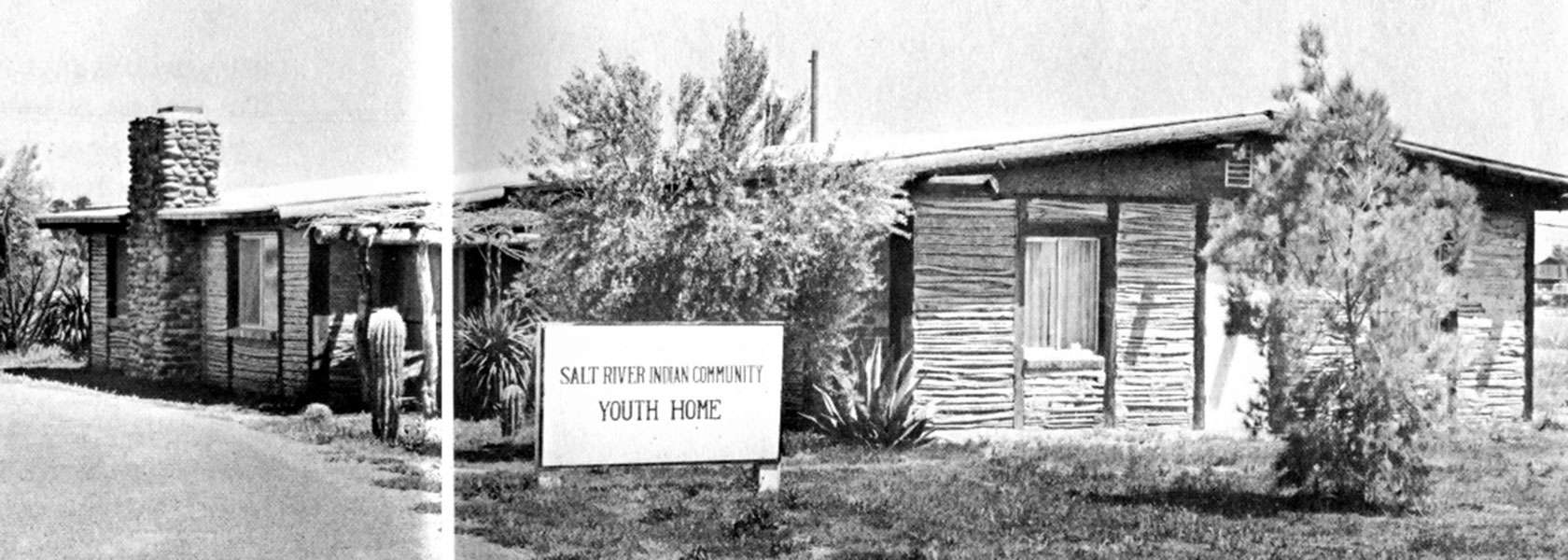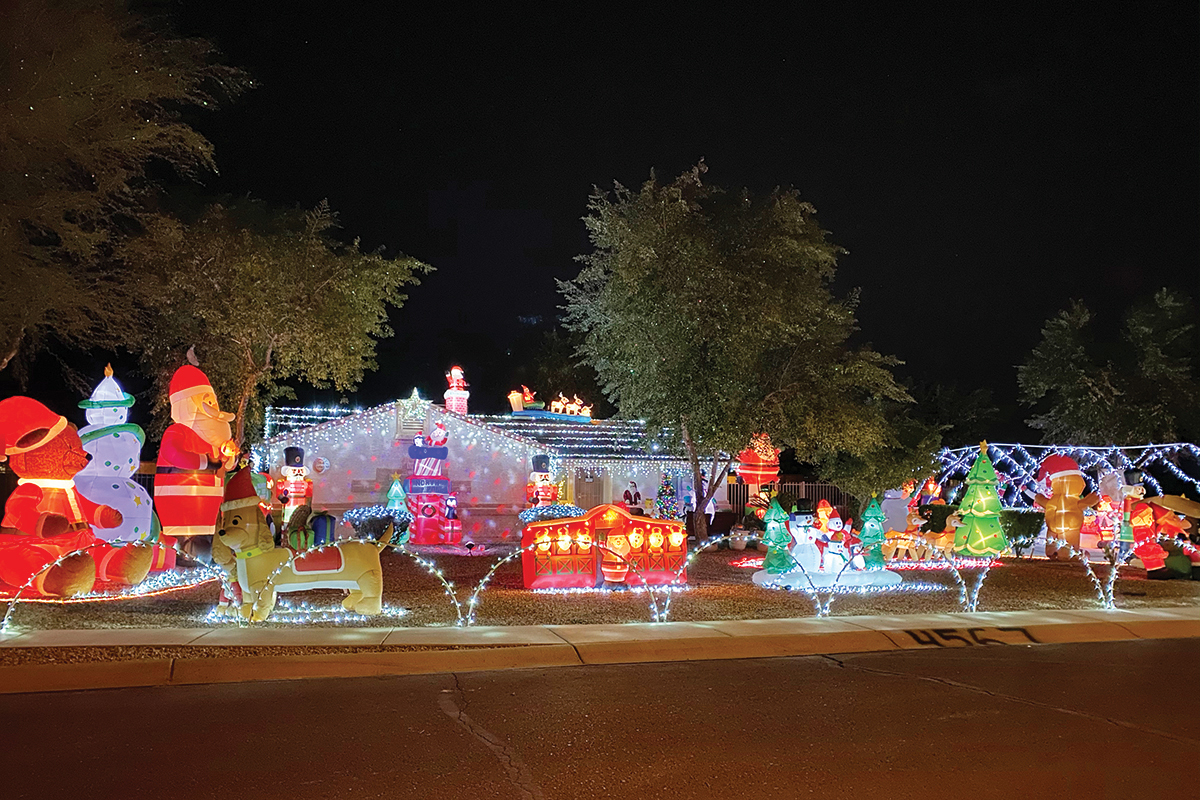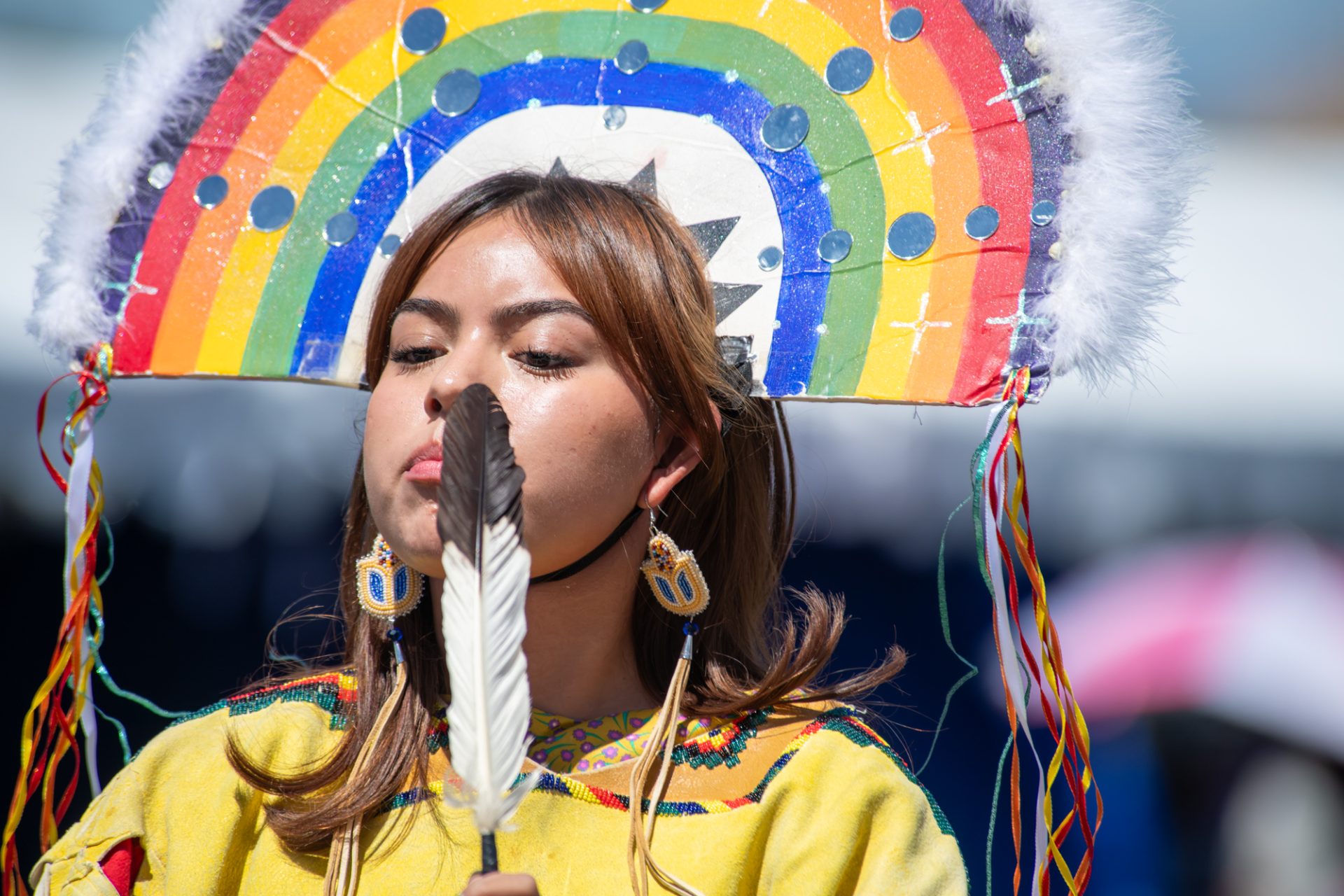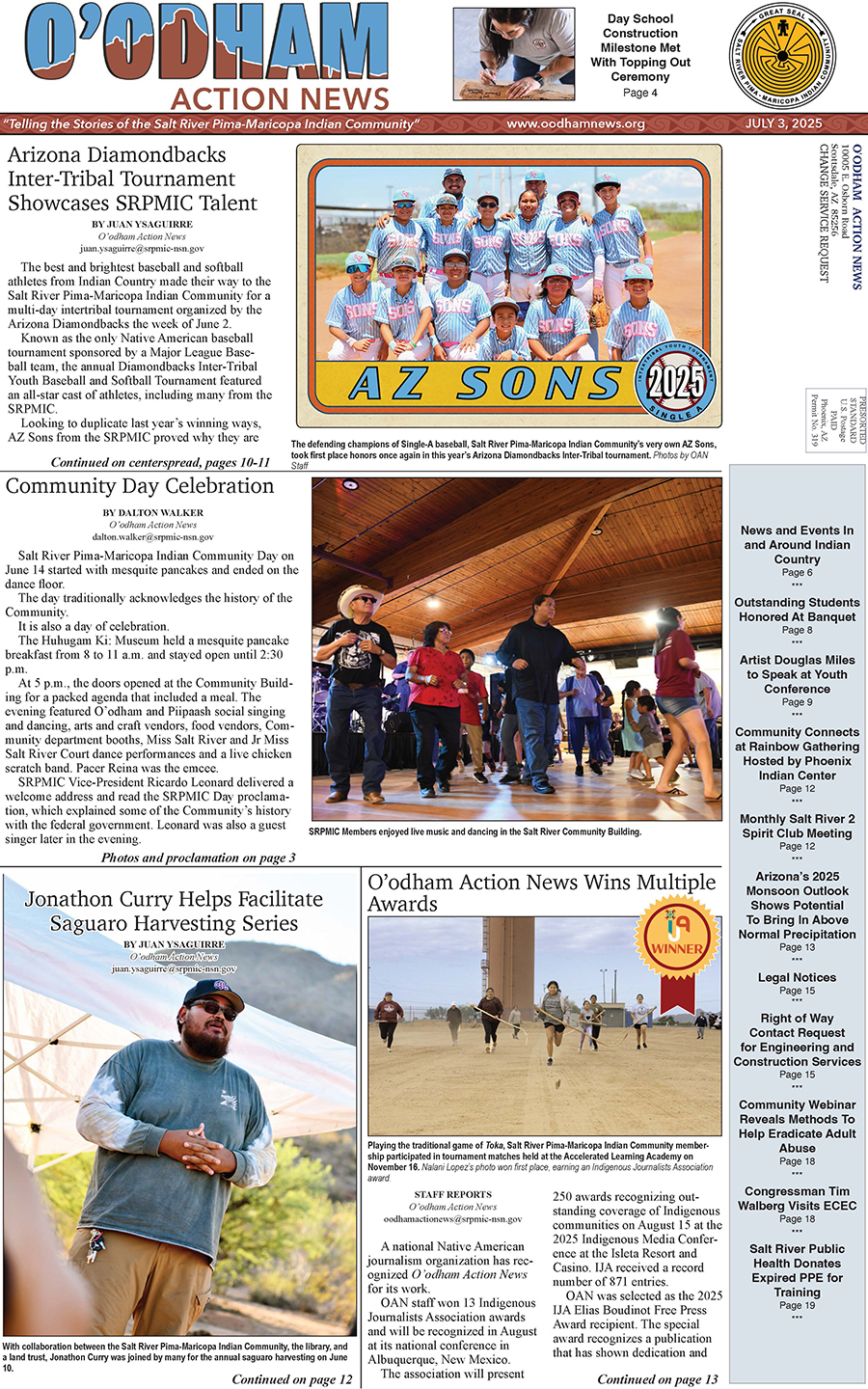VIEWS: 1049
January 19, 2023National Human Trafficking Prevention Month
“Around the world, human trafficking has stripped nearly 25 million people of their safety, dignity and freedom,” according to www.whitehouse.org. January is National Human Trafficking Prevention Month, and the U.S. Department of Homeland Security wants to help raise awareness of human trafficking through their Blue Campaign.
The Blue Campaign, #WearBlueDay, is an initiative to raise awareness about human trafficking. On January 11, the public is being asked to take photos of themselves, family and friends wearing blue clothing and share them using the hashtag #WearBlueDay on social media.
In 2022, the Biden Administration released a National Action Plan to Combat Human Trafficking, to prevent trafficking, prosecute perpetrators and protect survivors. “Consistent with this strategy, agencies across the Federal Government are working to combat human trafficking, conduct research to better address its root causes, and strengthen survivors’ access to services, including affordable housing and trauma-informed care,” according to www.whitehouse.gov.
“Through the reauthorization of the Violence Against Women Act, we have expanded the recognition of Tribal courts’ jurisdiction over non-Native sex traffickers on Tribal lands. And we have created a new unit within the Bureau of Indian Affairs that can help investigate human trafficking as an underlying cause of missing and murdered American Indians and Alaska Natives,” the statement continued.
The Salt River Pima-Maricopa Indian Community held a virtual presentation on Understanding Human Trafficking on Friday, January 13, to present to the Community what human trafficking is, the different types of trafficking, who the victims are and strategies to fight human trafficking.
We all can play an important role in preventing human trafficking and protecting victims. Learn more about the signs of human trafficking and share the National Human Trafficking Hotline at 1-888-373-7888. Follow @DHSBlueCampaign on Facebook, Twitter and Instagram for more information about #WearBlueDay and campaign efforts throughout the year. Or call SRPMIC Community Health Educators Vurlene Notsinneh-Bowekaty or Melanie Nosie in the Department of Health Services Intervention Services at (480) 362-2706 for more information on human trafficking.

